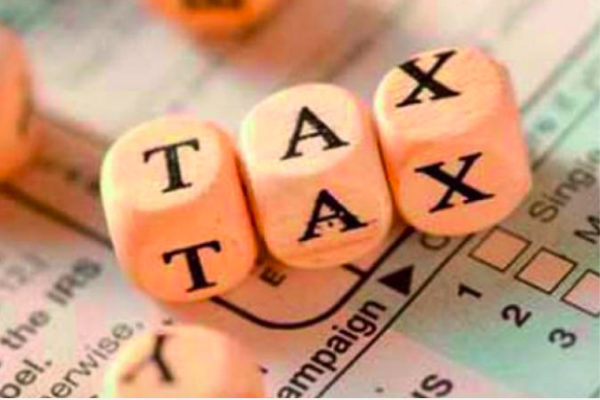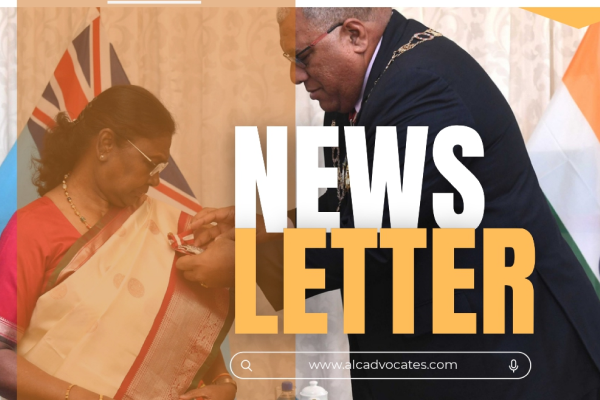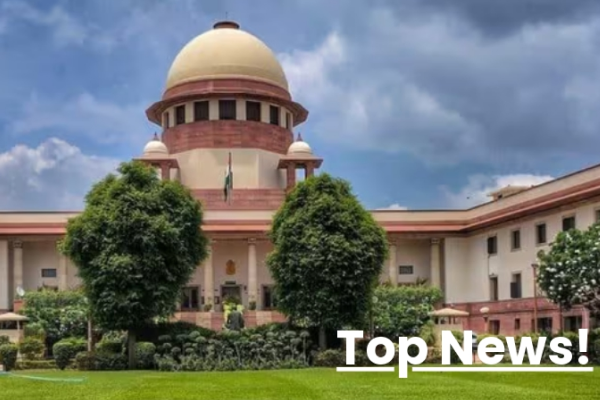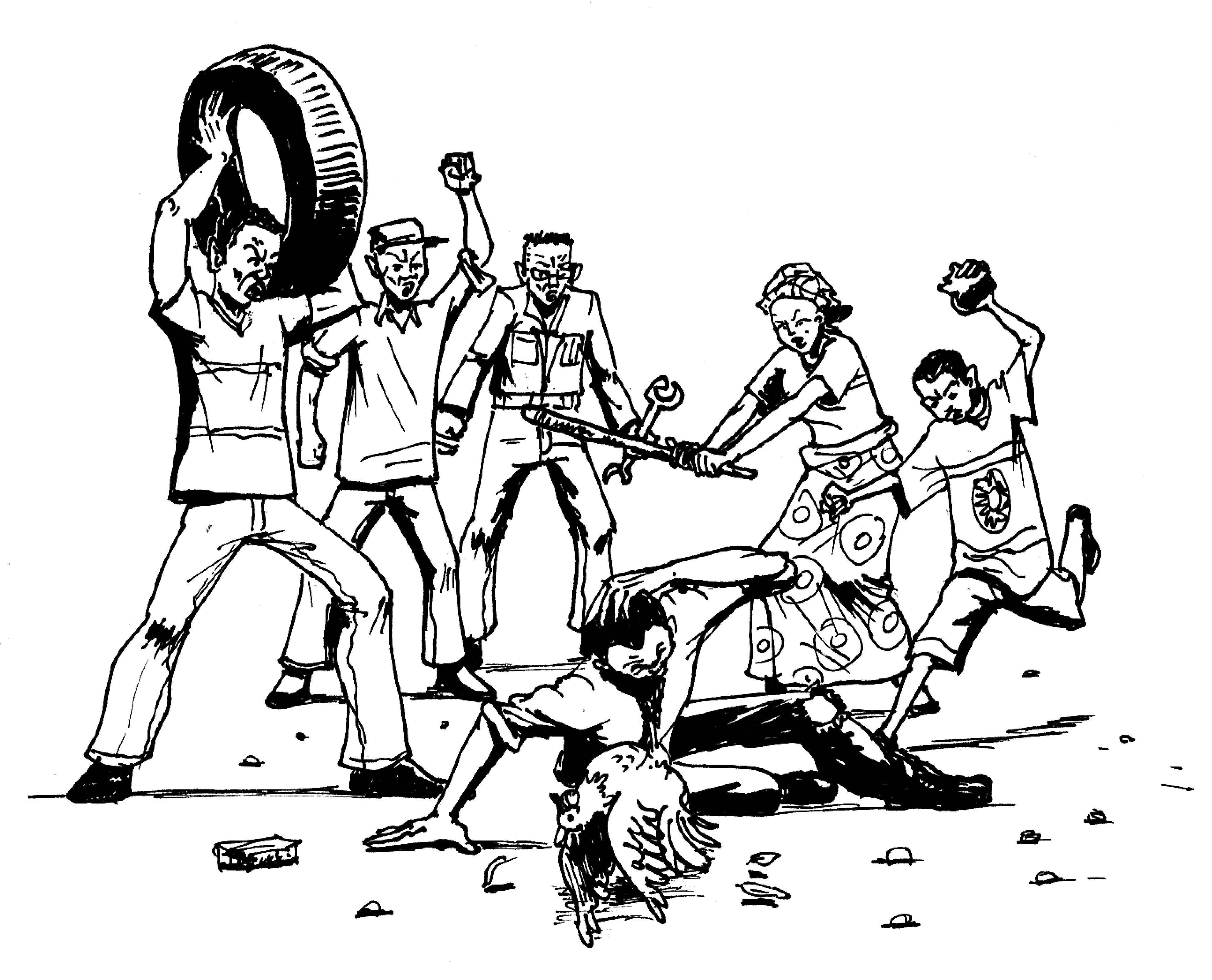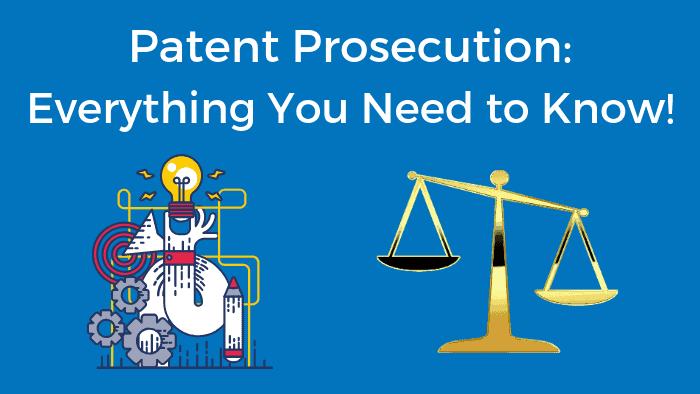
February 17, 2022
Radha Thakur
Attorney-Client Privilege in Patent Prosecution
Introduction to Attorney-Client Privilege
Perhaps the most established custom of the Anglo-American legal framework is the idea of attorney-client privilege.1 ‘Client-Attorney' benefit is one of those sacrosanct standards of the common law framework which secures the correspondences between a customer and his lawyer from revelation to an outsider, whether or not the outsider is the court itself. It constrains the discoverability of private correspondences among lawyers and customers. Because of a misguided judgment of the job of a patent lawyer inside the patent prosecution process, courts denied attorney customer benefit first to all patent prosecution records, and later to reports containing specialized data. This successfully denied the benefit to most archives created during prosecution.
In recent times, courts managed certain records containing technical data protection, yet under an interwoven framework of various standards. The exponential technological development found over the most recent couple of decades, combined with expanded hostility set an extraordinary strain on courts to deal with technically complex cases.
Important global cases in Patent Prosecution
The United States Supreme Court radically changed the overall perspective on the practice of patent law with its decision in Sperry v. State of Florida1. This case didn't straightforwardly address lawyer-customer privilege and patent arraignment, however rather managed state control over the practice of patent law. In arriving at its judgement, the Court looked into the legal arrangements considering an exceptional Patent Bar and the legislative history from the alterations of patent practice guidelines. Eventually, after the Court decided that the practicing patent law is the practicing of law and in this way administered by government law, numerous courts switched point of reference and stretched out the attorney-client benefit to patent lawyers.
In Re Spalding Sports Worldwide, Inc.1, the Federal Circuit held that the focal request in deciding whether the lawyer customer benefit applies is whether the customer made the correspondence to get legal guidance. The Federal Circuit likewise dispersed thoughts that technical archives are not given lawyer customer benefit by holding that interchanges containing technical data may even now be favored since demands for legal guidance on patentability or readiness of a patent application require an assessment of specialized information.
The Indian Scenario
Professional communications and confidential communications with the legal advisors have been accorded protection under The Indian Evidence Act, 1872 ("the Act").1 In India,Sections 126 to 129 of the Act manage favored correspondence that is connected to professional correspondence between a legal consultant and the customer. Sections 126 to 129 of the Act manage favored correspondence that is connected to professional correspondence between a legal consultant and the customer.
As privileged communication guarantees honest and straightforward discussion to the customers with their legal counsellor there are sure issues which must be taken care of by the legal advisor to hold the confidence and trust of his customer. Along these lines, it is essentially a legal advisor's obligation to keep the secrecy of the discussion with his customer.
- A legal advisor is banned from disclosing, without his customer's assent, any correspondence made to the advisor in the course of and with the end goal of business.
- The contents of any archive which was presented to him over the span of business and with the end goal of work.
- Any counsel by the legal advisor to his customer over the span of and with the end goal of such a work
Section 129 of the Evidence Act, 1872 as imitated above states that an observer will not be constrained to unveil any private correspondences that he may have had with his 'Legal Professional Advisor'. The basic inquiry here is the ambit of the term 'Legal Professional Advisor'.
In Municipal Corporation of Greater Bombay v. Vijay Metal Works1, the court held that a salaried worker who exhorts his employer on every legal inquiry and furthermore other lawful issues would get a similar protection as others, viz., barrister, attorney, pleader or vakil, under Ss.126 and 129, and, along these lines, any correspondence made in certainty to him by his employer looking for his legal guidance or by him to his employer offering legal guidance ought to get the insurances of Ss.126 and 129.
The above explanation anyway should be tempered by the fact that under Section 29 of the Advocates Act, 1961 just advocates are qualified to practice law in India.

